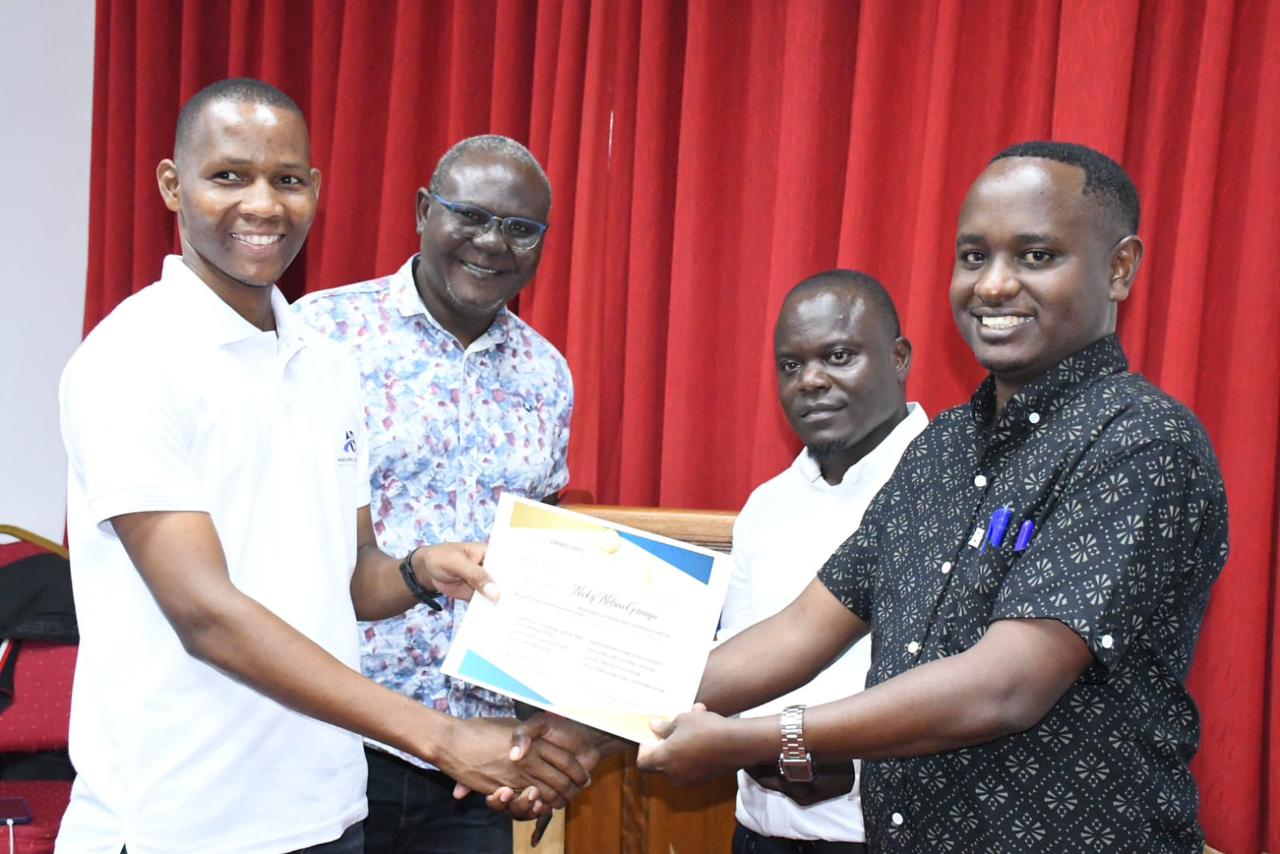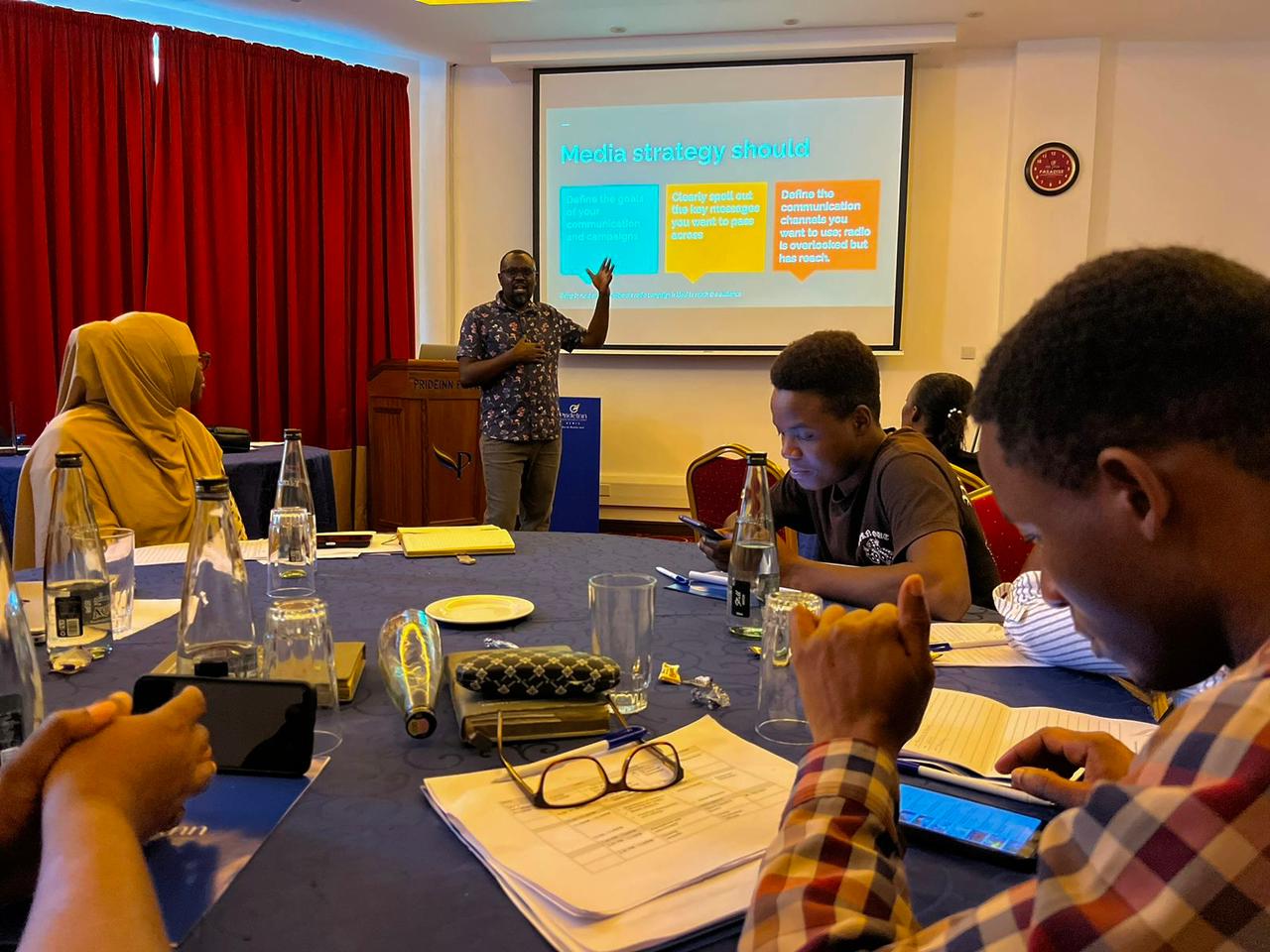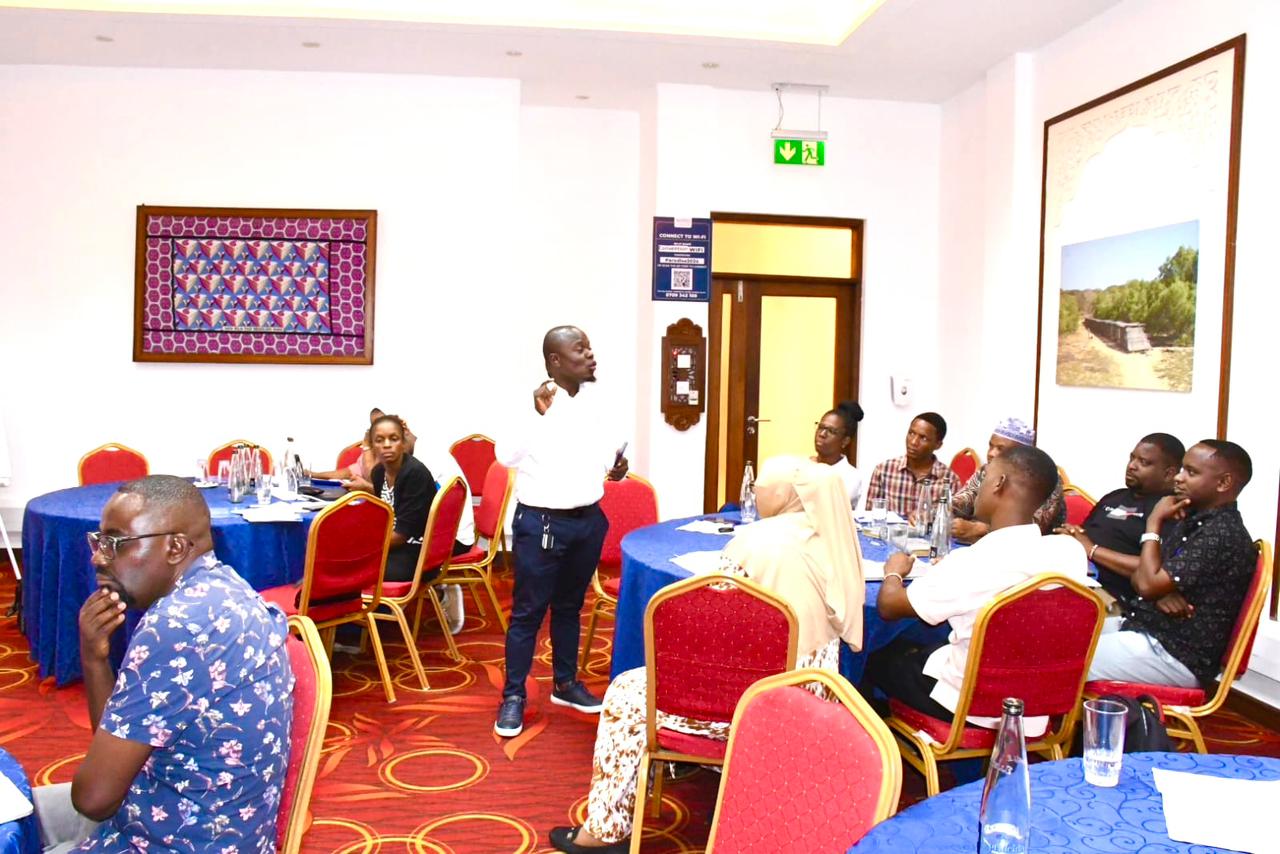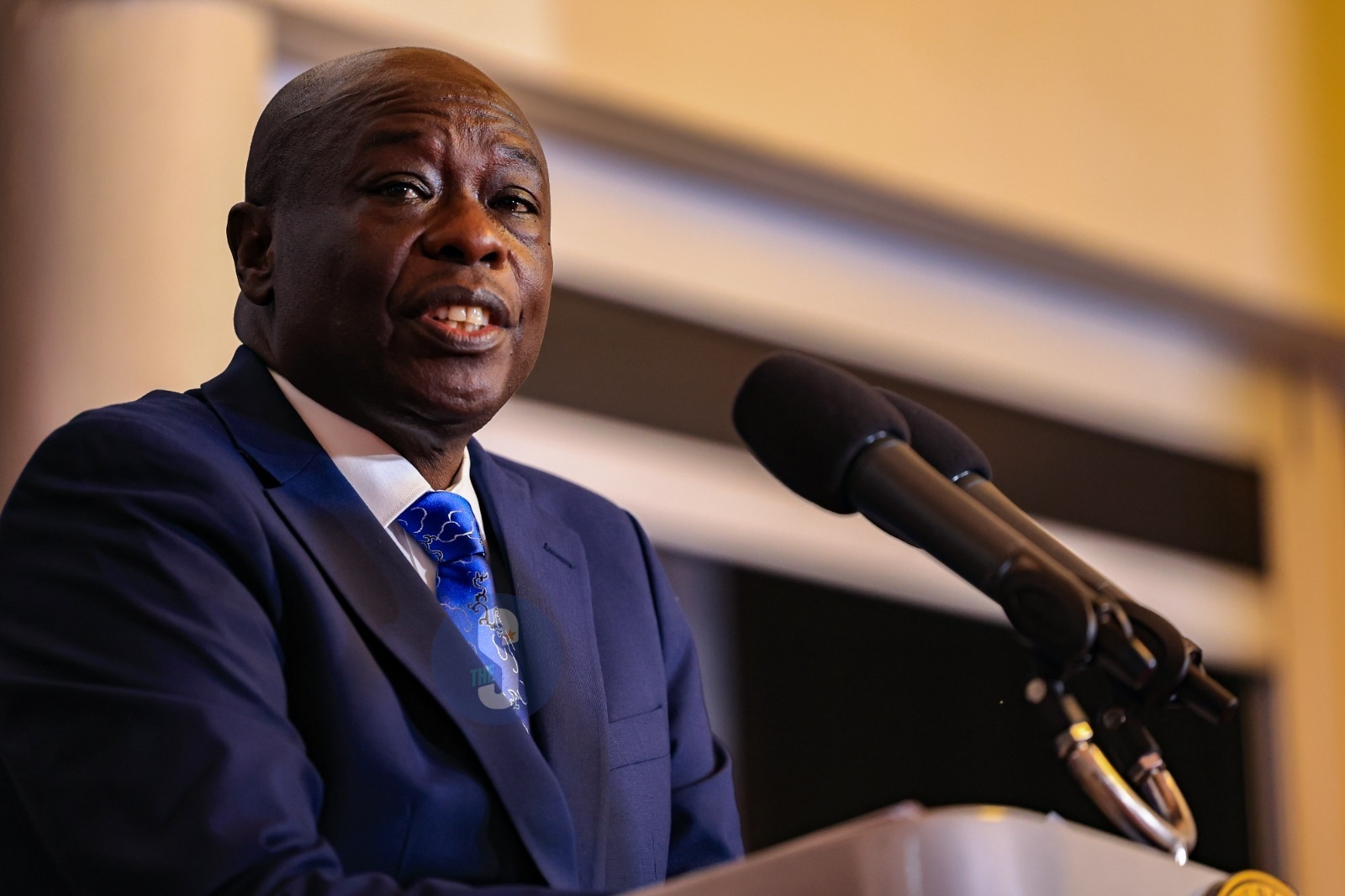
County governments have been challenged to take ownership of their stories and actively communicate their successes to the public.
Despite over a decade of devolution that has seen counties receive billions of shillings for grassroots development projects, many county communication teams have struggled to highlight the positive impact of these funds and projects effectively.
Since the onset of devolution, the public has been largely unaware of various development projects undertaken by counties due to inconsistent communication efforts.
County communication departments have yet to fully leverage the power of both social media and traditional media platforms to reach their constituents effectively.
Furthermore, counties have faced criticism for frequent blunders and missteps when attempting to manage public communication during crises.

Recognizing these gaps, Kwale County has taken proactive steps to enhance its communication strategy by training its press unit on various aspects of media engagement.
The training covered crisis communication management, strategic communication, social media and new media, photography and videography, as well as legal and ethical considerations in media.
This initiative, led by a consortium of media experts, aimed to equip the team with the latest skills to boost efficiency and align with modern communication trends.
Speaking during the intensive three-day training, Kwale County Chief of Staff, Joshua Mdoe, emphasized the importance of an active social media presence for county officials.
Mdoe highlighted that being proactive on digital platforms would enable the county's communication team to stay ahead of the curve, especially in the ever-changing political landscape.
"I urge each one of you to be more engaged on social media. Today, so many issues trend online, and even if we don't always have immediate solutions, it's crucial to stay informed about what's happening,” he said.

He was speaking on behalf of Kwale governor Fatma Achani. Joseph Kariuki, a seasoned media trainer, underscored the need for countries to actively reshape public perceptions.
He noted that many citizens still believe that county governments are not delivering on their promises, largely due to poor communication of their achievements.
“There’s a perception that counties are not working. You need to craft clear, stand-alone key messages that showcase the successes in areas such as roads, water, and healthcare. These success stories can change how people perceive your efforts,” he said.
Kariuki urged the communication team to be up-to-date with current affairs, reminding them of their critical role as advisors to the governor.
"As the chief advisors to the governor, you must be at the forefront of information, ready to respond and guide the county's public image," he added.
The training marks a significant step toward empowering county communication teams to tell their stories more effectively.
As devolution continues to shape Kenya’s political and development landscape, countries must prioritize strategic communication to highlight their achievements, manage crises, and engage with the public.













